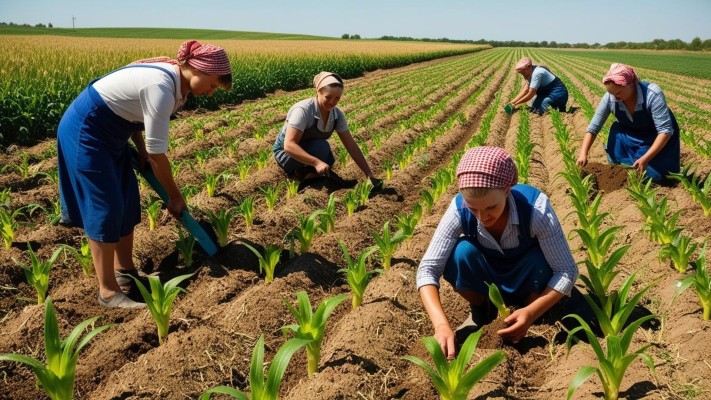
A new report by ABARES highlights that reforming agricultural subsidies and tariffs worldwide could lead to better environmental outcomes and improved food security. The study reveals that current farm support policies, costing hundreds of billions annually, often distort production, increase emissions, and lead to excessive chemical use—ultimately harming the environment.
Key Findings:
$472 billion per year (2019-2023) was spent on the most environmentally damaging policies, including tariffs, price floors, and input-linked payments.
Including export restrictions, the figure rises to $671 billion per year, burdening taxpayers and consumers.
Europe and Asia had the highest levels of harmful subsidies relative to farm income, while Australia and New Zealand had among the lowest.
Dr. Jared Greenville, ABARES Executive Director, stated that many agricultural subsidies encourage overproduction, leading to unnecessary pollution and resource depletion. However, redirecting or eliminating these supports could reduce environmental harm without jeopardizing food supplies.
“What’s good for efficient global agriculture is also good for the environment,” Greenville said. “We can minimize environmental damage while maintaining food security.”
The report, Addressing Environmental Harm: Reforming Agricultural Support, calls for policy changes at the World Trade Organization (WTO) to align farm subsidies with sustainability goals.
